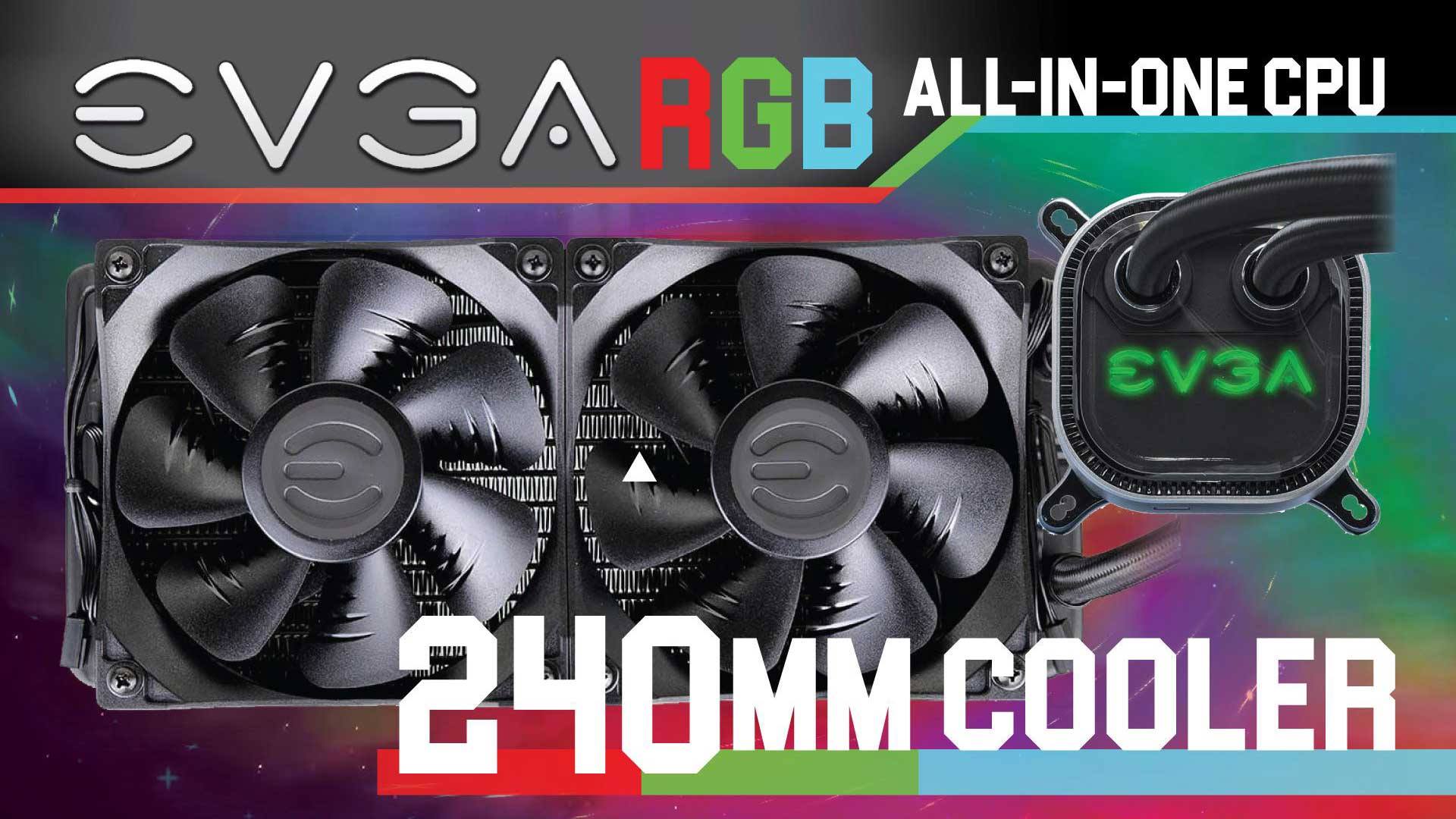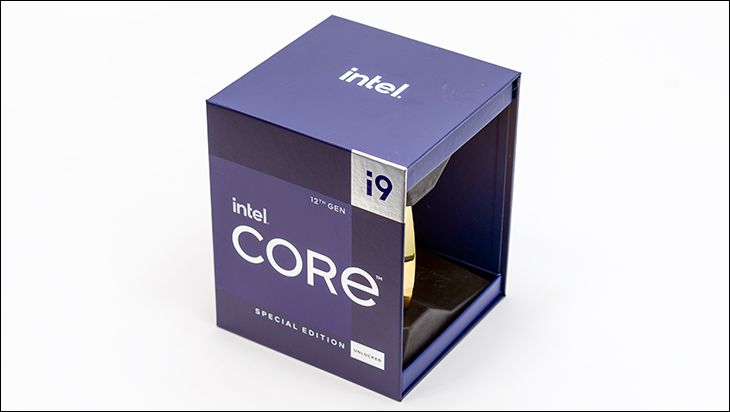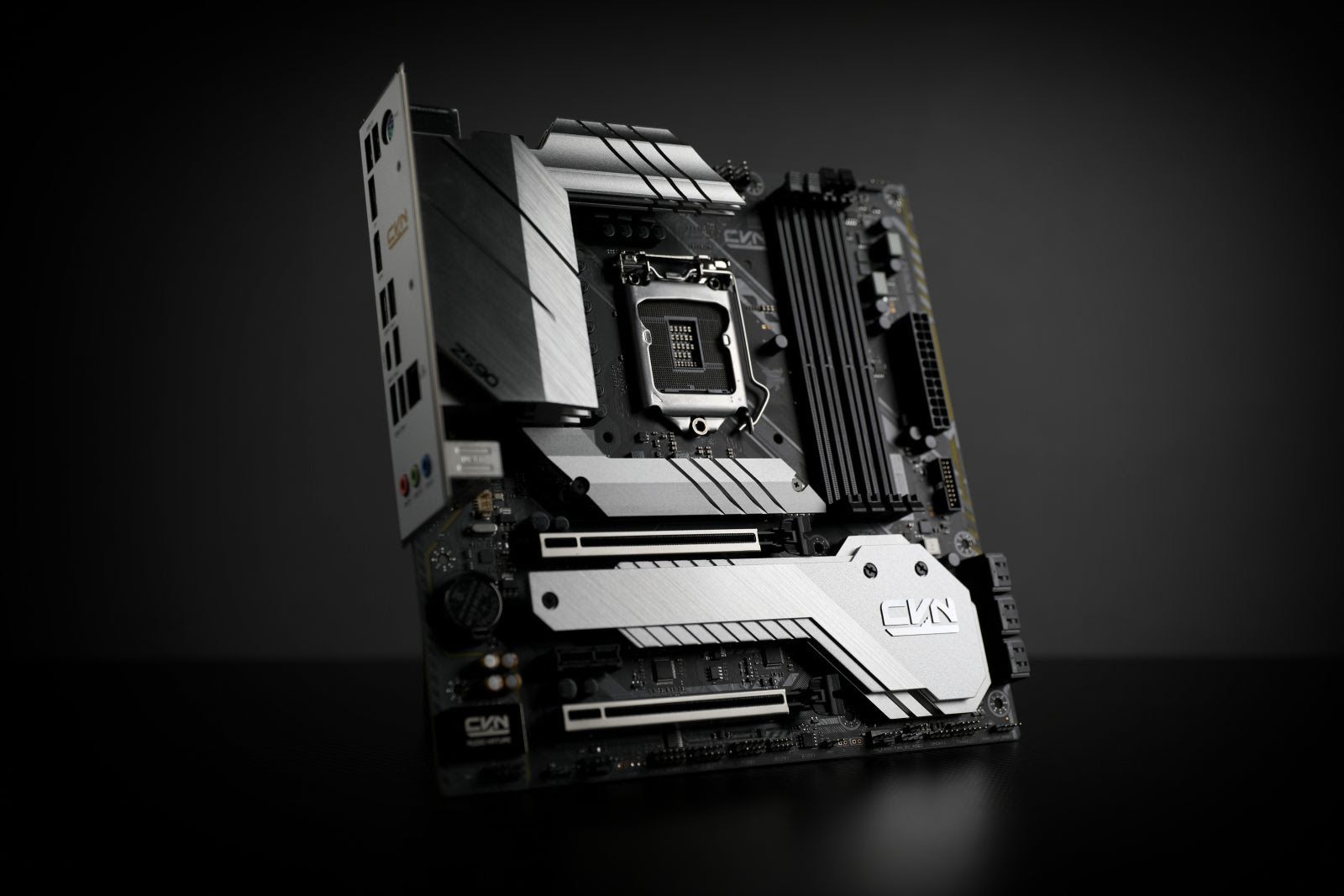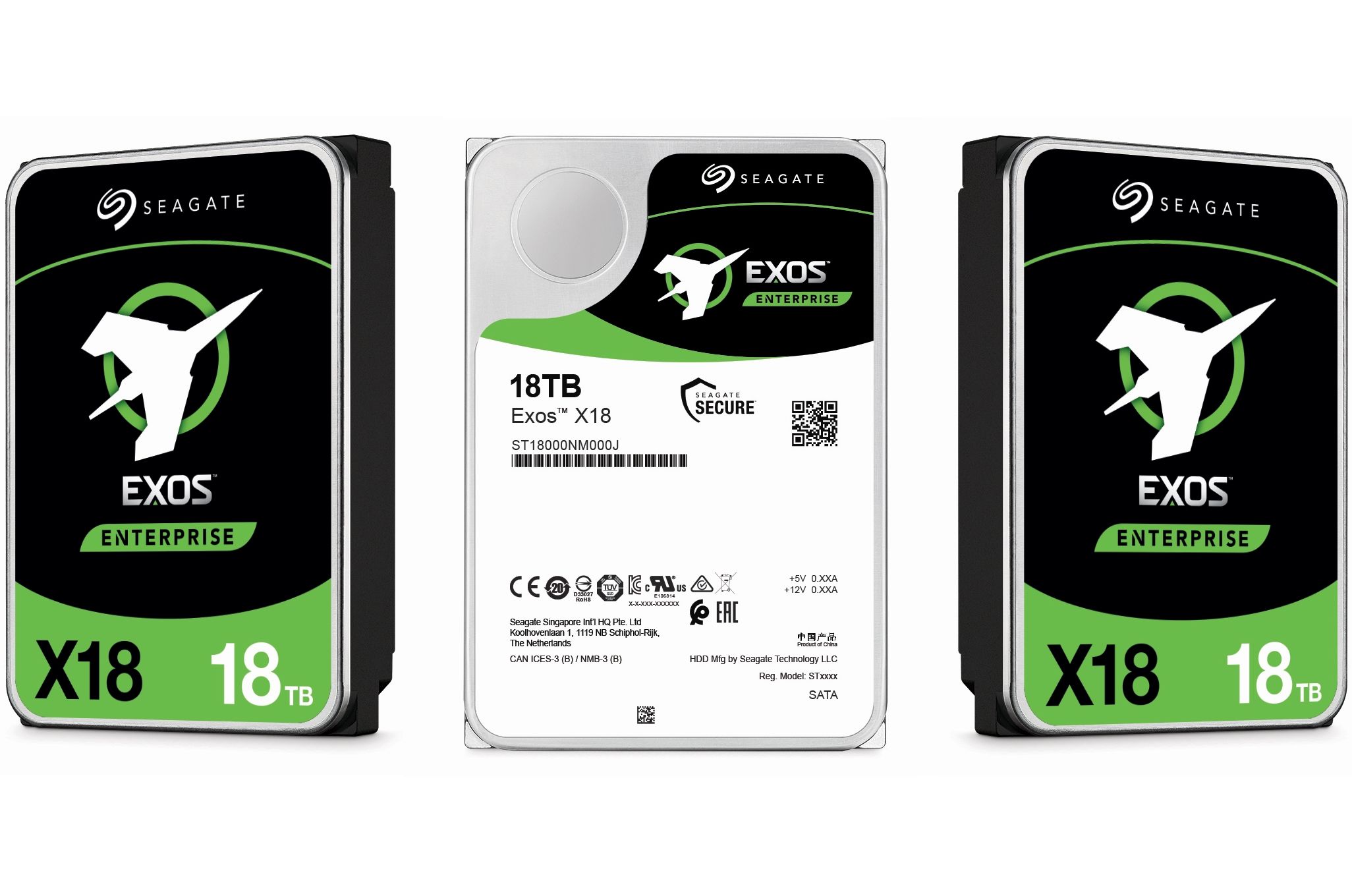While there are many, many ways of properly and efficiently testing CPU cooling solutions, not every method will offer useful information for all potential buyers. Some consumers care more about noise than sheer performance (aka ‘Silent PC’ enthusiasts). Others only care about performance and do not mind in the least if the cooler is as loud as a jet plane. Others still want to know how flexible a cooler is and how effective it will be at moderate – not silent – noise levels. Most though fall somewhere in the middle and want a good all-around design. Further complicating things is results on AMD systems do not necessarily translate to Intel-based testbeds (and vice versa) as the CPU is a different size and will come in direct contact with more/less of the CPU cooling solution’s heatsink.
To this end we are not just going to present you our readers with an overly simplified result and call it good enough. Instead we are going to do our best to provide you with as much data as possible so that you can make an informed decision based on what you consider to be important.
This different approach starts with testing on two testbeds and not just one. The first is an AMD AM4 Ryzen 1700X based system that is a good representation of what AMD users will experience. For Intel we have opted for a i7 8700K based system. Both are tested at stock and a moderately stressful overlock.
Further helping to give as clear a picture of a given cooler’s real-world performance, we also will be testing a test sample with stock number of fans (i.e. whatever number is included in the box), and (when possible) the maximum number of fans. For most air-based coolers this means one fan for stock, and two to three for maximum results; whereas with water-based stock could be one or two, and two to four for maximum.
Since not all fans are made the same, we will also be testing the review sample at various fans speeds. While many can go below 800rpms few will not spin at below this level and fewer still do so and still keep temperatures in check. This is why we have chosen 800RPM as the minimum fan speed cut-off, and from then on we increase the rotational speed in 200 to 250 RPM increments until the fan is running at ‘full speed’. This can vary from 1200 to over 3000… and will help highlight how much – or little – extra performance the increase in rotational speed brings to the table. Our personal cut off for CPU temperature is 90 degrees and as such once 90-degree average is reached no further results below that fan speed will be included.
The included results are the average for 20 minutes of stress testing using Aida64 and its built-in stress testing with logging feature enabled (as found under File / Preferences / Hardware Monitoring / Logging). In cases where ‘maximum’ fan speed falls between two chart points we will take a rounding up approach and place the max numbers under the higher fan speed point.
To round out our testing we have also included fan noise using stock number of fans included in the box, and at all successful rotational speed points. These results are taken using a professionally calibrated and NIST certified DT-805 sound meter that is placed 24 inches away from the cooler. We then spin up or down the fan on the cooling solution while the (Intel) CPU is idling.











